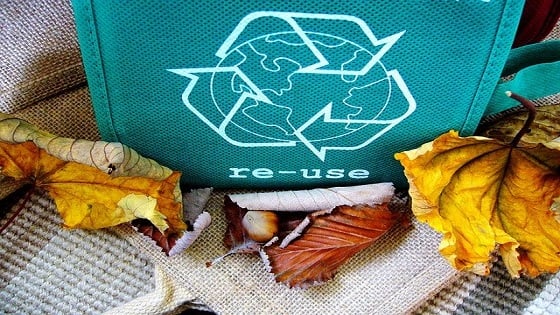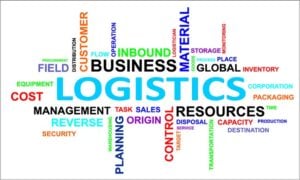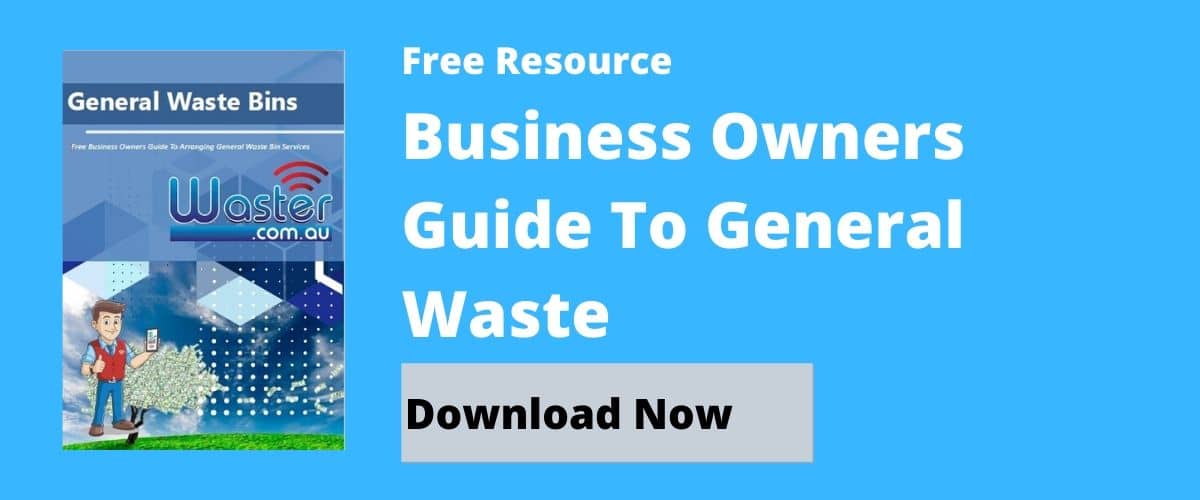
Waste Management Logistics: The Concept Of Reverse Logistics And More 📝
Waste Management Logistics 📝: Time and time again, we at Waster always remind every one of you readers here of the importance of waste management.
Obviously, fighting off pollution requires more processes than you think. In the first place, even if proper waste management is already implemented, we still have to make sure that the amounts of materials utilised by companies are made more environmentally efficient through recycling, reusing and reducing.
>Download Now: Free PDF Business Owners Guide To General Waste Bin Services
This is where the concept of reverse logistics comes in. Do you know what that is? Does it have the same concept as waste management? Let me elaborate further. Correspondingly, we will also cover logistics technology intended to make waste management processes more efficient and easier to execute.
But before that, read our equally-informative blog on edible containers.
Learn more about us: Waster!
Before continuing the blog about reverse logistics in waste management, let me first discuss with you Waster.
Waster is a waste management company for small and medium businesses here in Australia. Furthermore, Waster offers innovative solutions for all your waste management and recycling needs.
We provide all waste bin collections on flexible 30-day terms and do not charge hidden extras such as bin rentals, site fees etc.
Click on the blue button to learn more.
Now then, back to the blog about the concept of logistics in waste management.
But first, see our blog on Christmas recycling facts.
Waste management logistics: the concept of reverse logistics and more
Ecomena defines reverse logistics as a “process whereby companies can become more environmentally efficient through recycling, reusing, and reducing the number of materials used”. This meaning touches on the importance of reverse logistics in waste management.
But first, I would also like to chime in on my knowledge about reverse logistics in general. Moreover, I would like to discuss first what logistics is to make you, the readers, understand better what I want to talk about.
Logistics, in layman’s terms, involves the movement of any type of product or materials from point of creation up to point of consumption.
To give you a better understanding of logistics, let me share one example with you. Glass milk bottle delivery still exists up to this day, with the process involving milkmen transporting and delivering milk in glass bottles for consumption. That is what you call logistics.
Combining them together, waste management logistics means applying both of their concepts – logistics and waste – and achieving the objectives of bettering ecology and economy.
This is where reverse logistics come in. After consumption, milkmen collect the empty bottles and take them back to the bottling plant, clean the bottles there, and then refill them with milk, ready for delivery again.
See where this is going? As a result of reverse logistics, the company selling milk saves a tonne of money and resources by not needing to manufacture packaging bottles for every milk anymore.
What can undergo reverse logistics?
Also called the aftermarket supply chain, here are some products and services that can undergo reverse logistics, courtesy of SearchERP.
- Remanufacturing – rebuilding – and possibly improving – the product with reused, repaired or new parts.
- Refurbishment – putting a returned product on sale again that has been repaired or deemed to be still in good condition.
- Servicing – a broad category that includes customer service, field service and product returns, such as the issuance of return merchandise authorizations.
- Returns management
- Recycling and waste management
- Warranty management
- Warehouse management
We will focus solely on recycling and waste management.
How does reverse logistics help in waste management?
Reverse logistics differs from traditional waste management in that it returns the material’s value back into the flow of things by recovering and reusing it. To add, reverse logistics offers efficient and profitable methods of disposing of end-of-life products and waste.
Just as milk companies save a tonne by implementing reverse logistics, so can waste management.

How’s that so? Well, reverse logistics in waste management focuses on and implements an environmentally friendly process by finding value in recovered materials. It ensures either the re-manufacture, reuse, recycling or reselling of a material.
For instance, a news report on BBC stated that there are specially adapted trucks that are now being tested in Germany on electric roads.
These hybrid trucks – capable of feeding off of both gasoline and electricity for power – are a prime example of reverse logistics. They get power by feeding off directly from overhead power cables.
As a result, the consumption of fossil fuels is reduced greatly. As an alternative, drivers can opt to consume electricity, an example of renewable energy, as a source of fuel, instead. Furthermore, another good news is that this also greatly reduces carbon emissions.
Check out this video for more information.

Waste management logistics technology
The trucks mentioned above exemplify technology developed to improve waste management logistics.
Essentially, technology plays an important role in waste management logistics because it takes a lot of effort to ensure smooth sailing on individual cogs (i.e., processes to ensure the continuation and prevent the interruption of the waste management logistics process). Of course, capable employees mainly handle these tasks. This can, however, result in errors if not accompanied by technology.
One example that we know of is MotionLink. It provides users with various technologies that have different purposes such as for collection and transportation. MotionLink also has available devices and RFID hardware for real-time business intelligence and communication.
From vehicle tracking and monitoring to advanced routing and scheduling, work order management, mobile data collection and reporting, MotionLink delivers a cost-effective solution for improved operational efficiencies, decision making and exceptional ROI. As part of the RouteMatch Software family, MotionLink has been involved in hundreds of implementations for intelligent transportation systems all across North America and Australia.
Worldwide impact
Waste management law in Europe is strong whereby businesses are directed to address material recovery and proper disposal of end-of-life products in an economically friendly way.
As for emerging countries, it is still only in their early stages. These countries depend heavily on third-party providers for reverse logistics activity due to inadequate laws, awareness and frameworks. Professional collection, sorting and transportation of end-of-life products are much needed in emerging markets.
This isn’t the case in developing countries. In fact, reverse logistics is characterized by low-value addition. This is due to the low reprocessing involved from recycled electronics, paper, automobiles, scrap plastics and food waste.
However, reverse logistics has not received the desired attention in developing countries. It is generally carried out by the unorganised sector for recyclables like paper, plastics and metal.
Waste management logistics: key points
A proper and well-managed reverse logistics program more often than not results in efficient cost savings all throughout the obtaining up to the point of reduction, reusing and recycling process.
Reverse logistics can either be done by the original manufacturers of the product, material, and services or by the third-party reverse logistics providers.
Take a look at our blog on development application waste management for an equally entertaining and informative read.
Waster: Australian waste management and recycling enthusiasts
We here at Waster promote the idea of using reverse logistics as a means to become more environmentally friendly.
By saying this, we offer to you our wide variety of waste disposal and recycling services. Check out our waste recycling shop and pick your desired service!
Call 1300 WASTER (1300 927 837) or enquire at enquiries@waster.com.au now.
Leave a Reply Cancel reply

Product categories
Most Popular Posts
-
Commercial Waste Management Services: Reduce Waste Collection Costs! 🚍
-
Medical Waste Disposal: Everything You Need To Find Out In 2024! 💉
-
Rubbish Removal Sydney 2024: Better Bin Collections For Business ✅
-
Clinical Waste Disposal 2024: What To Know About Business Clinical Waste ⚕️
-
Secure Document Destruction 2024: All About Security Bins Shredding 🔒
-
Free Cardboard Recycling 2024: Can I Get Free Cardboard Collection? 📦
-
Confidential Paper Disposal Bins 2024: What You Need To Know About Shredding! 🔒
-
Recycling Bins Australia 2024: Recycling Can Boost Your Profits! ♲
-
Commercial Wheelie Bin Collection: What Businesses Need To Know In 2024 🗑️
-
Commingled Recycling 2024: Why Commingled Bin Is Key To Recycling 🍾













